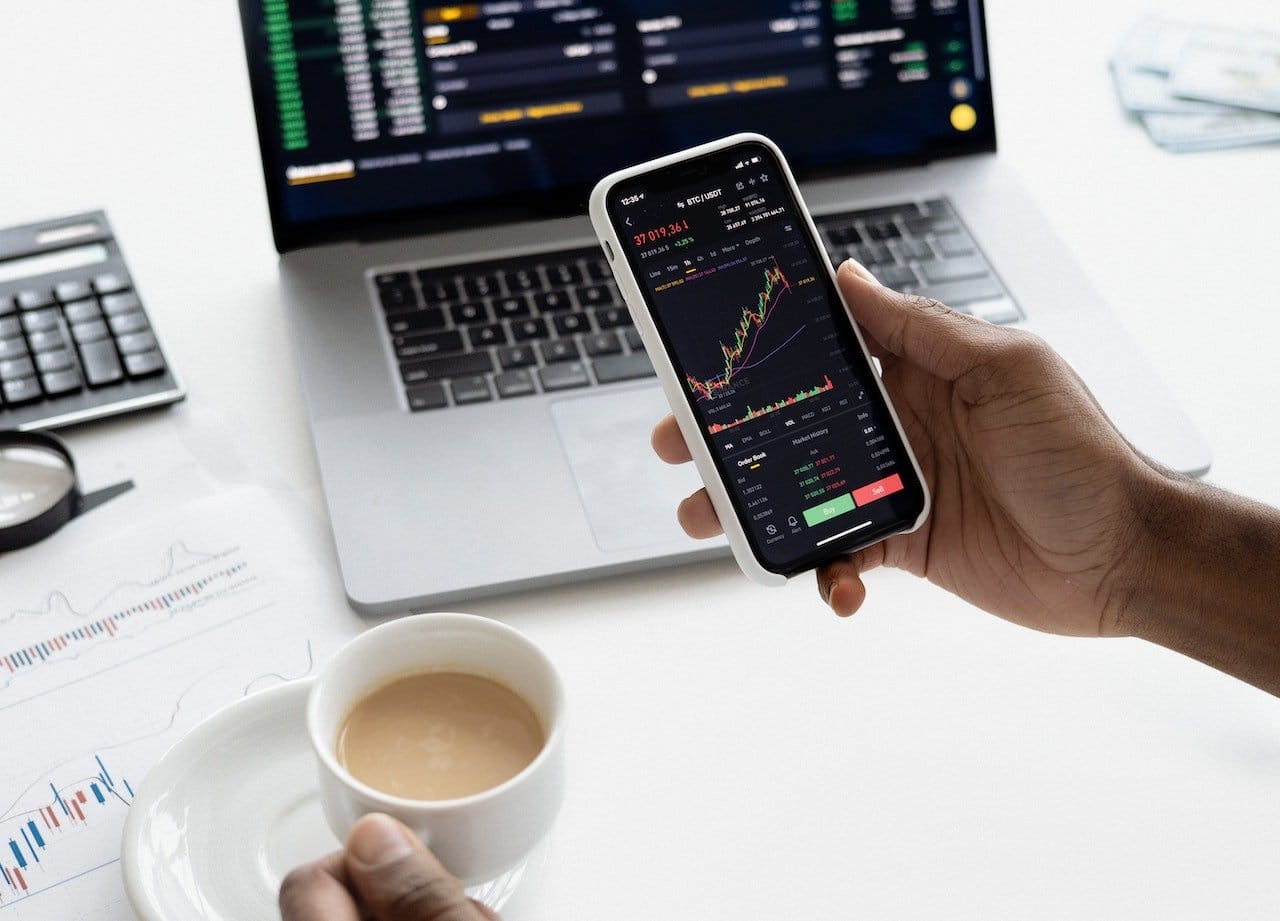When it comes to trading stocks, there are a lot of different brokerages to choose from. So, how do you know which one is right for you? Here are seven things you need to know about trading brokerages before you make your decision.
1. Commissions and Fees
When you’re looking for a brokerage to trade with, you first need to consider the commissions and fees associated with each trade. Some brokerages charge a flat fee per trade, while others charge a percentage of the total trade value. Compare the costs of different brokerages before deciding where to open an account.
In addition, be aware that some brokerages may charge other fees, such as account maintenance or inactivity fees. These all add up, so it’s important to consider them when comparing different brokerages.
2. Platform and Tools
The second thing you need to consider when choosing a brokerage is the platform and tools available for traders. Some brokerages offer very basic platforms with limited features, while others offer more sophisticated platforms with a wide range of features and tools.
If you’re a more experienced trader, you’ll probably want access to more advanced quotes, charting tools, news feeds, and research reports.
On the other hand, if you’re starting, you may not need all of those bells and whistles. The bottom line is that you should choose a brokerage whose platform and tools suit your trading style and needs well-suited.
3. Customer Service
Customer service is the third thing you need to consider when choosing a brokerage. Things will inevitably go wrong from time to time, so it’s important to have someone available 24/7/365 to help you resolve any issues as quickly as possible.
Look for a brokerage with a track record of excellent customer service and ensure that they have multiple channels (for example phone, email, chat) for you to get in touch with them.
4. Education and Resources
When choosing a brokerage, you must consider the fourth thing: education and resources. Even if you’re an experienced trader, there’s always more to learn. Look for a brokerage that offers educational resources like webinars, video tutorials, and articles to continue honing your skills.
In addition, many brokerages also offer Demo accounts, allowing you to practice trading without putting any real money at risk. These can be valuable resources for both new and experienced traders alike.
5. Markets Traded
The fifth and final thing you need to consider when choosing a brokerage is markets traded. Some brokerages only allow traders to buy and sell stocks, while others also allow ETFs, bonds, options, and futures.
Ensure that the brokerage offers access to the markets you’re interested in trading. For example, ensure that the brokerage offers commodity futures contracts if you want to trade commodities.
Also, some markets may only be accessible through certain brokerages. For example, international markets may only be accessible through larger, more established brokerages. So, if international markets interest you, ensure that the brokerage you’re considering offers access to those markets.
6. Investment Options
Another important consideration when choosing a trading brokerage is its investment options. If you’re only interested in stocks, then any brokerage will do. But if you’re also interested in other investments, like mutual funds or bonds, you’ll need to ensure the brokerage offers those options.
Some brokerages also offer more specialized investments, like futures or options. Options trading brokerage is a bit more complicated than stock trading, so make sure you understand the risks before deciding to trade options.
7. Fees and Commissions
The third thing you need to consider when choosing a brokerage is fees and commissions. The brokerage charges a commission every time you buy or sell an investment. Commissions can vary widely from one brokerage to another, so comparing fees is important before deciding.
In addition to commissions, some brokerages charge fees for account maintenance, inactivity, and other services. Be sure to read the fine print and understand all of the fees charged by the brokerage before opening an account.
Conclusion
Choosing a trading brokerage is an important decision that should not be taken lightly. You need to consider several factors, like investment options, fees, and commissions, customer service, education, and resources. Once you’ve considered all of these factors, you’ll be able to choose the best brokerage for your needs.
